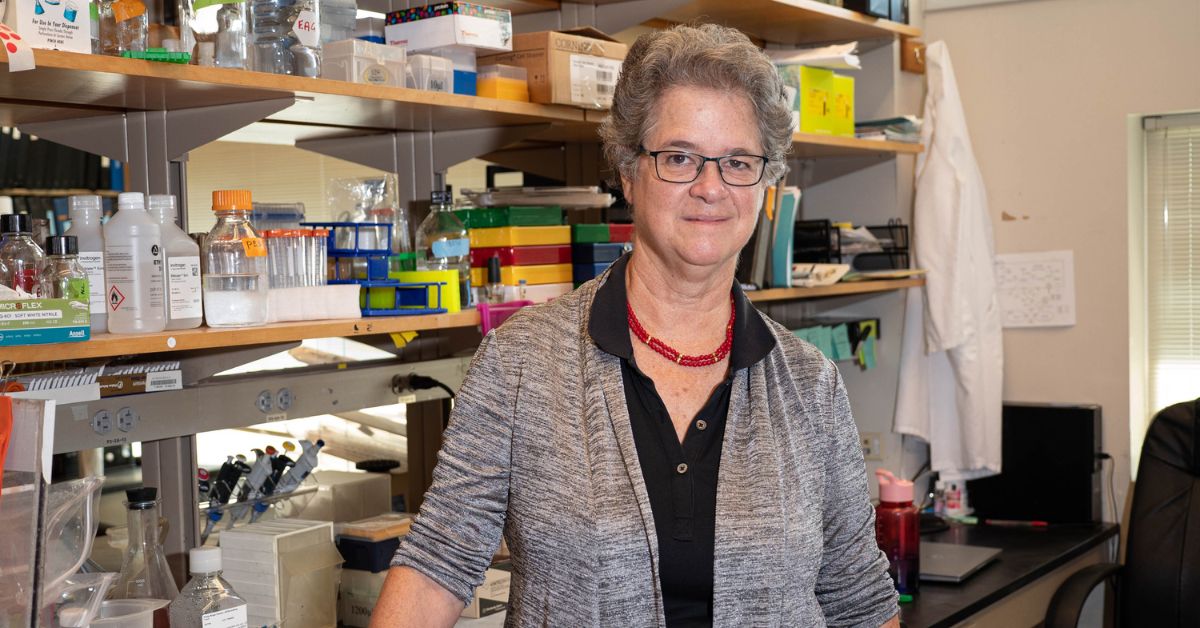Related Articles
00 / 00

The Cancer Signaling and Microenvironment (CSM) Program studies signaling processes, their cancer cell-intrinsic adaptation, and how they are affected by extrinsic cell-cell communication and components of the microenvironment. By viewing cancer cells and their environment through this holistic lens, we arrive at a richer understanding of cancer biology: this in turn spurs new translational strategies for attenuating these signals, and enables us to better serve patients in the communities we serve.
To build this integrated perspective of cancer biology, CSM uses computational and structural biology analyses to study the detailed basis for molecular signaling mechanisms that drive cancer; we leverage these with cutting edge cell biology approaches to build a comprehensive and predictive understanding of the co-dependence between cell-intrinsic and cell-extrinsic communication in cancer. The CSM Program was explicitly designed to foster collaborative synergies within the program.
As implied by its name, the two overarching themes of the Program are Signaling and the Microenvironment:
1. Signaling. Studying cancer signaling at the molecular and cellular level. Major programmatic strengths include structural biology and studies of how targeted therapeutics modulate protein activity. Additional strengths include studying key cancer-driving signal transduction, to identify essential tumor-intrinsic processes that may serve as targetable vulnerabilities.
Signaling focuses on studying proteins at the molecular level, and explores in detail how their activation/inactivation mediates oncogenic signaling. Strengths include development of innovative approaches to manipulate protein function and probe their roles in cancer cell-intrinsic signaling pathways. Successful studies in this vein align with the Cancer Center’s strategic planning priority to identify novel therapeutic targets.
2. Microenvironment. Studying the role of microenvironment as it relates to signaling in cancer. Major programmatic strengths include the ability to monitor, characterize, and modulate immune cells and their roles in pro-tumoral inflammation and anti-tumor immunity during tumor development and progression. Additional strengths include expertise in studying how local stromal cells such as cancer-associated fibroblasts orchestrate cancer-perturbed tissue homeostasis through the multicellular crosstalk that supports tumor growth and modulates immune cell function.
Microenvironment focuses on defining bi-directional signaling between cancer cells and stromal extrinsic factors: these include immune and cancer-associated fibroblastic cells, and also acellular factors such as cytokines and the extracellular matrix. These studies address priorities in the Cancer Center’s strategic planning, such as finding means to reinvigorate anti-tumor immunity, and community-identified needs such as studying cancer in the context of aging and nutrition.